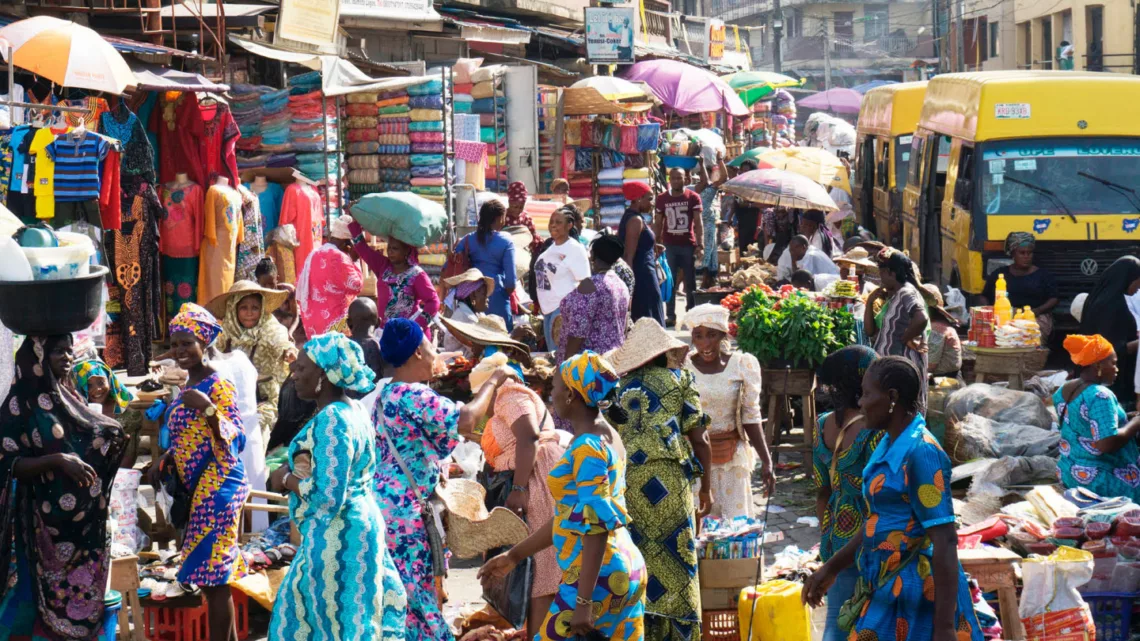In the dynamic landscape of policy-making, one can’t help but reflect on the origins of government decisions, the motivations behind them, and the consequences they yield. Nigeria, a nation brimming with potential and resources, has undergone several shifts in its economic policies over the years. Among these, the world watched with curiosity as the Central Bank of Nigeria (CBN) imposed a controversial policy in 2015, under President Muhammadu Buhari’s administration. This policy involved the closure of borders and the restriction of foreign exchange (forex) for 43 specific items, with the goal of safeguarding domestic industries and conserving the nation’s currency. These measures were executed by a group of policymakers who proudly donned the title of economists. However, the outcomes of these policies did not align with expectations, prompting an eight-year course correction under the Tinubu administration. Unfortunately, it appears that we might be witnessing a repetition of past mistakes, as the Tinubu administration’s approach seems to echo its predecessor’s dogmatic policies.
The problem here is not with economics as a field of study, but rather with the overconfidence and misplaced faith of policymakers who, at the time, believed that their interpretation of economic theories was infallible. The key takeaway is that economics is not an exact science, and policymakers must be open to adapting their strategies when evidence suggests that their initial decisions are yielding unfavourable results.
It’s essential to emphasise that economics as a discipline encompasses a wide array of perspectives and models. Non-economists often perceive economics as a field that unconditionally exalts markets and efficiency, perpetuated by introductory courses and media soundbites. However, delving deeper into the subject matter reveals a broad spectrum of theories and methodologies.
The issue with Nigeria’s previous economic policies lay in policymakers’ dogmatic adherence to outdated beliefs, particularly their unwavering commitment to specific economic models, such as market efficiency and minimal government intervention. The ramifications of these policies were dire, leading to skyrocketing food prices, restricted access to essential foreign goods, and the push of many small-scale traders into the informal sector. Rather than nurturing domestic industries, these policies stifled economic growth, encouraged corruption at border crossings, and strained diplomatic relations with neighbouring countries.
Fast forward eight years, and the Tinubu administration embarked on a different course. Recognising the shortcomings of previous policies, it initiated a process to unwind some of the constraints on forex and border trade. The new approach sought to consider multiple economic models, understand the uniqueness of Nigeria’s economic conditions, and adjust policies based on real-world outcomes. This approach should have marked a break from the dogmatic policies of the past.
However, a critical examination of the Tinubu administration’s policies reveals a worrisome parallel to its predecessor. This raises concerns that history may be repeating itself. Many of those who claim to be economists in the Buhari administration were, in fact, accountants, financial managers, former senior banking executives, or corporate titans. Their knowledge of economics and how an economy works or should work is at best shallow. They lack the in-depth knowledge of the philosophical foundation of economics.
It is crucial to recognise that economics is a multifaceted field that offers a variety of tools and theories to address complex issues. Policymakers must avoid the trap of embracing dogma and should be open to a broader range of economic perspectives.The evolving nature of economics necessitates an adaptable policy framework that considers the unique challenges facing Nigeria.
To chart a better course for Nigeria’s economic future, it is essential to understand that economic theories are not static or universally applicable. Policies should be crafted by taking into account the dynamic nature of economies and the specific challenges faced by each nation. Policymakers should not simply rely on economic theories as gospel but should instead utilise them as tools to be applied judiciously to the unique circumstances of their country.
The informal sector in Nigeria’s economic landscape also demands attention. The previous policies had a significant impact on small-scale traders and businesses, pushing them into the informal economy. Recognising the importance of the informal sector is crucial in developing effective policies. It plays a vital role in providing employment and contributing to economic growth.
Moreover, addressing issues such as corruption at border crossings and improving diplomatic relations with neighboring countries remains essential.The previous policies strained Nigeria’s relationships with neighboring nations due to the impact of border closures and trade restrictions.Repairing these relationships and fostering regional cooperation is crucial for economic growth and regional stability.
In conclusion, the concern arises that the Tinubu administration’s policies might be veering toward the same dogmatic path that hindered Nigeria’s economic progress in the past. The fault does not lie with economics as a field of study, but with the policymakers who succumb to unwavering beliefs and shallow understanding.Policymakers should embrace the evolving nature of economics and utilise a diverse toolkit to make informed decisions.History should serve as a reminder that economic policies must adapt to changing circumstances and evidence, not repeat past mistakes.





